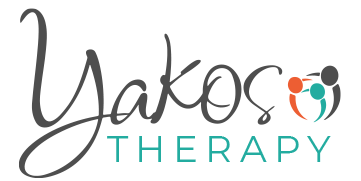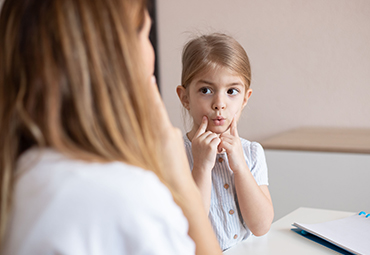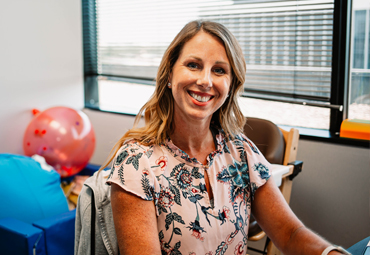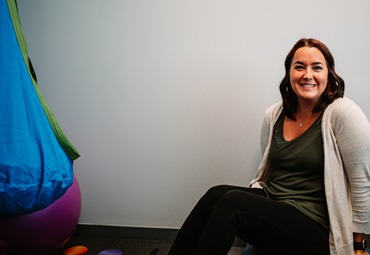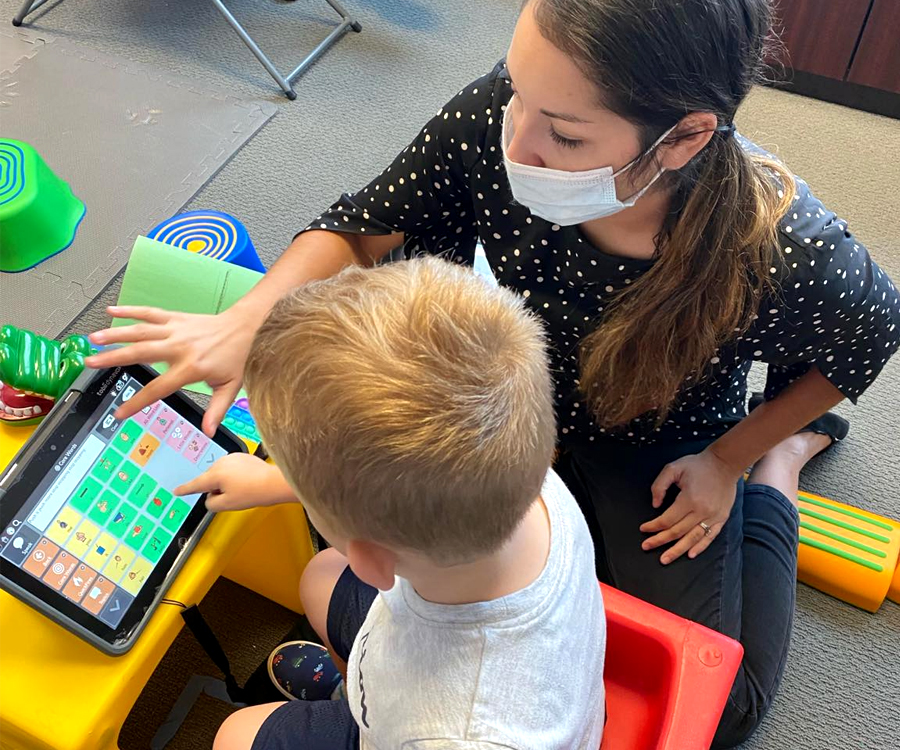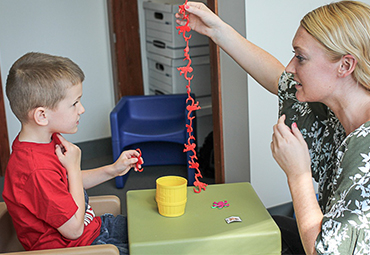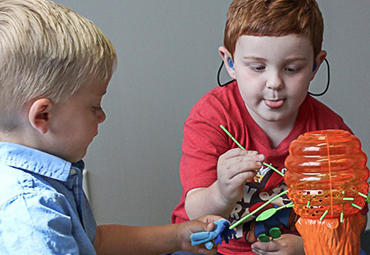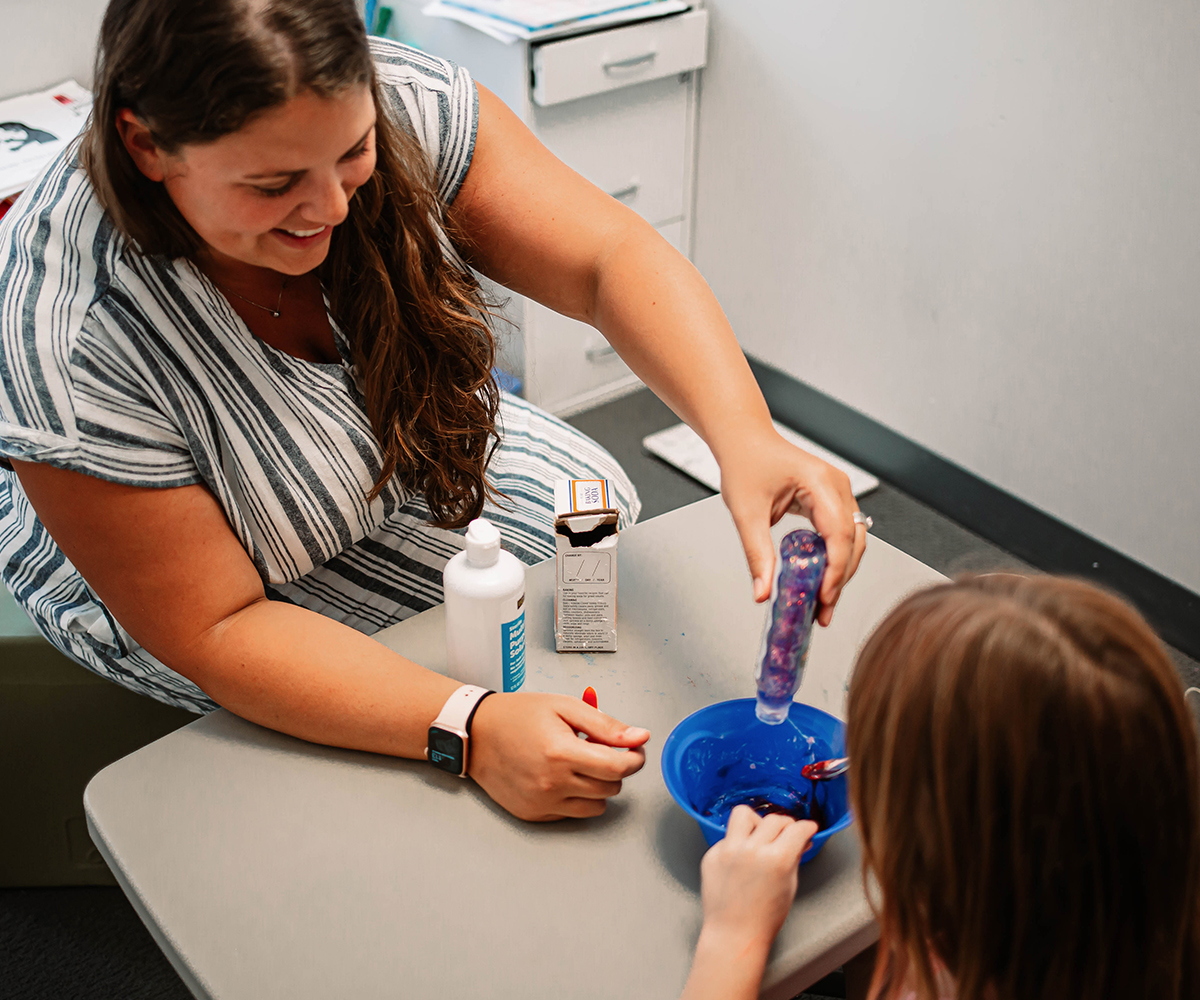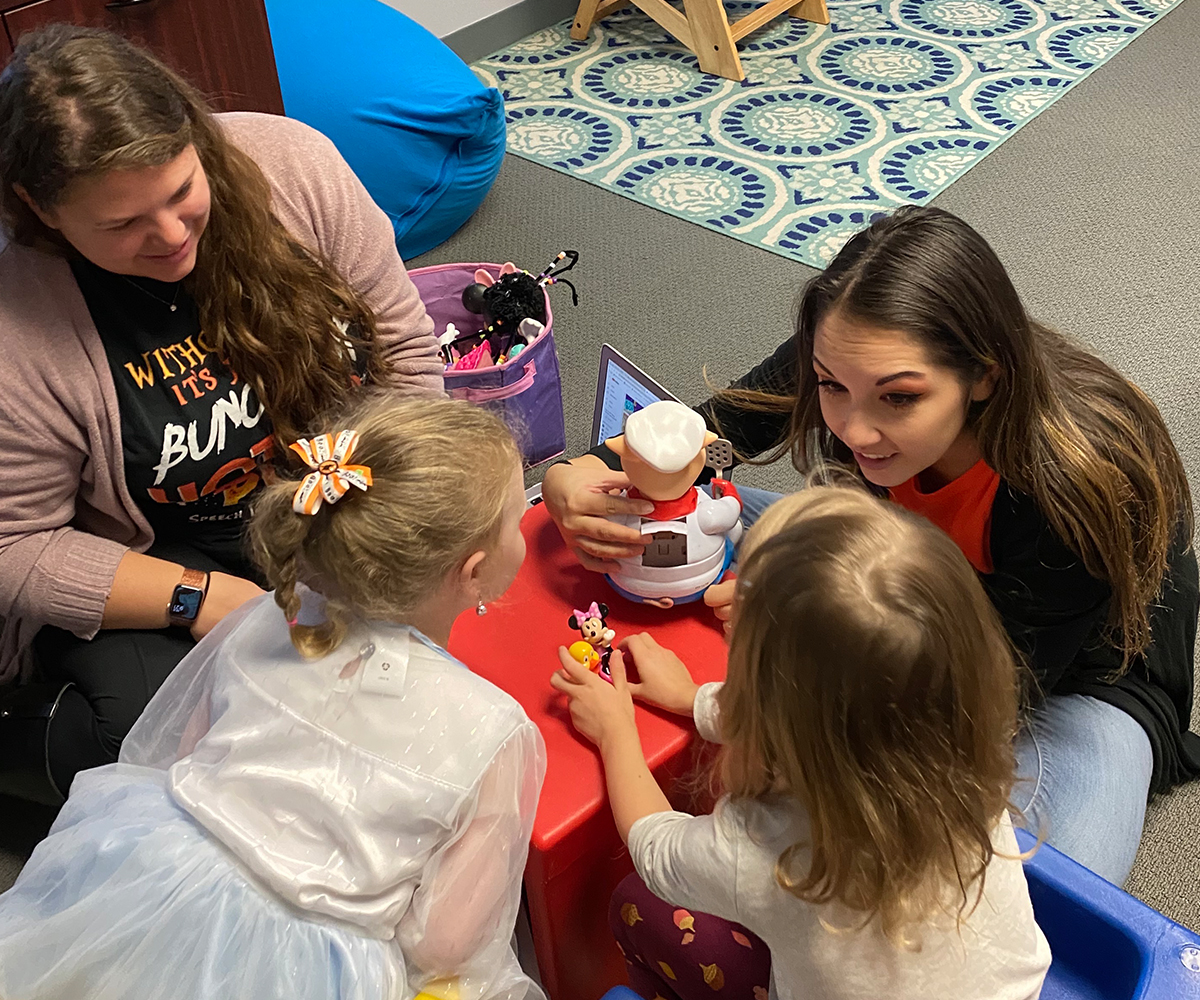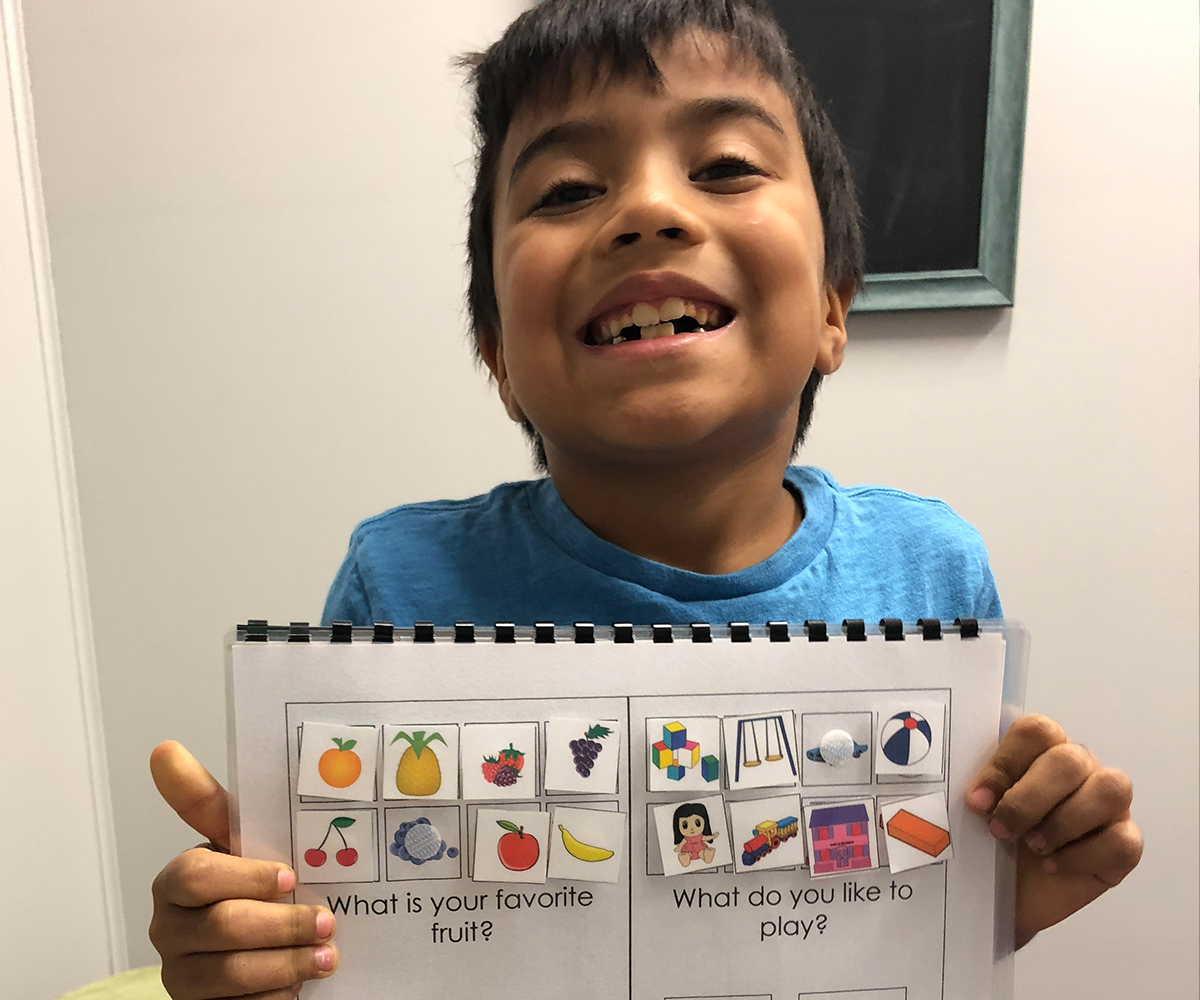
Speech-Language Evaluation and Therapy
Speech and language are an essential part of a child’s life. It is important that children can communicate with others and understand language so they can communicate effectively with parents, peers, teachers, etc. Making a proper diagnosis is essential to identifying speech-language weaknesses and creating a treatment plan. When there is difficulty communicating with others, it is best to address it with speech therapy as early as possible. The sooner therapy begins, the sooner your child will become conversational with their peers.
Speech disorders fall into the following categories:
- Expressive - difficulty communicating with others
- Receptive Language - difficulty understanding directions or others’ thoughts and questions
- Articulation - incorrect sound production
- Voice- atypically high, loud, or low volume
- Fluency/Stuttering - difficulty with the flow of speaking or breathing during speech
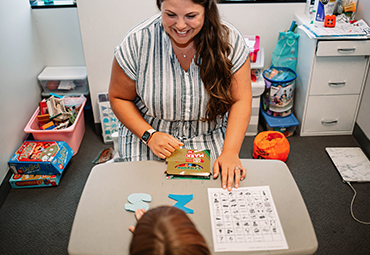
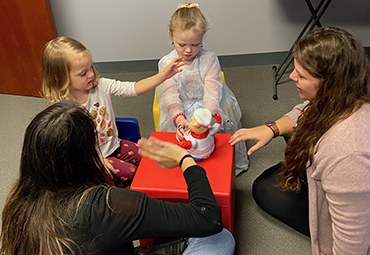
Some common signs to look for in children include:
- Difficulty understanding the child
- Difficulty with expressing ideas clearly
- Trouble understanding ideas from others
- Difficulty putting words together into phrases/sentences
- Trouble recalling/using new vocabulary
- Inappropriate grammar usage
- Reduced vocabulary
- Incorrect word usage
- Poor social interaction skills
- Difficulty understanding the meaning of a word
- Difficulty reading and sounding words out
- Difficulty answering questions/following directions
Our approach
We believe that parents are key in a child’s success
At Yakos Therapy, sessions are play based and include parent training and participation. Our team works closely with families to ensure they are able to provide support for home practice activities and provides families with resources and materials to ensure speech-language progress.
Information is presented using visual, auditory, tactile and movement activities to help children learn about sound quality and how sounds are produced in speech.
